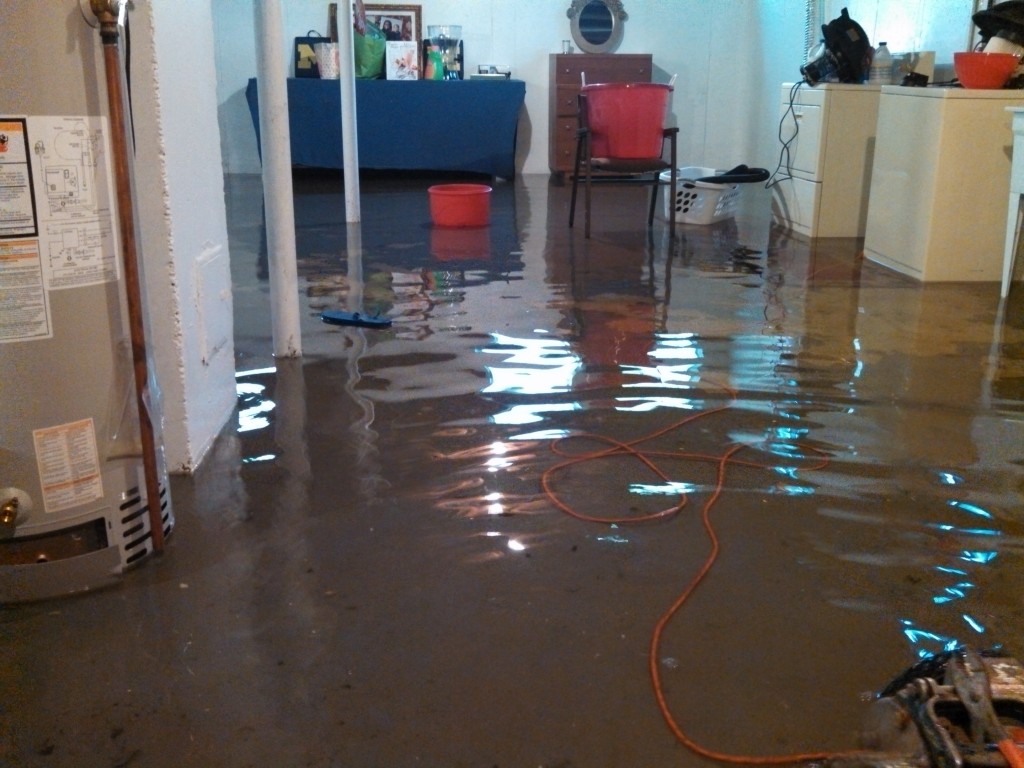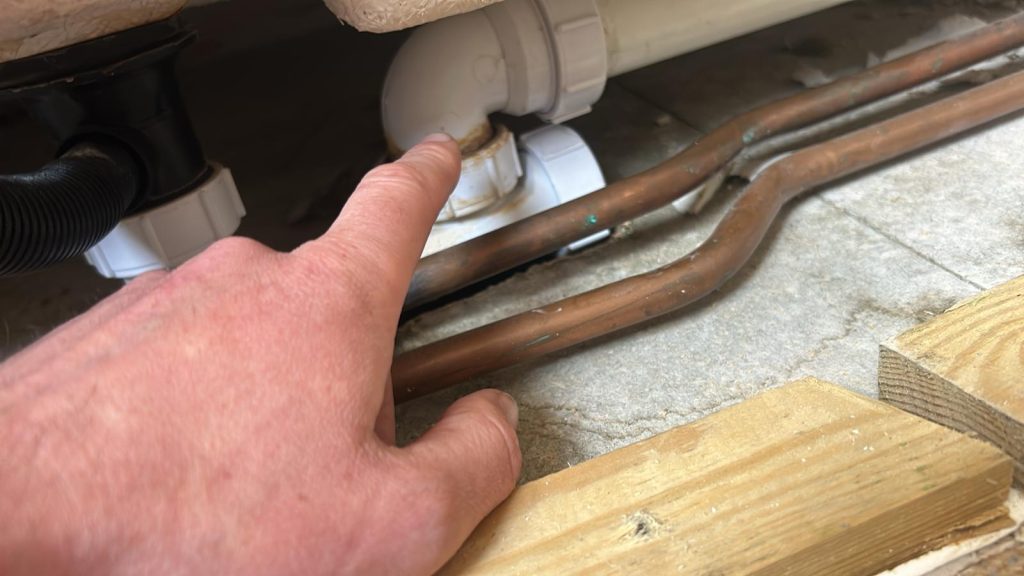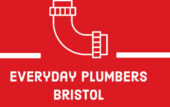How to Deal with a Sewage Leak in Basement
Dealing with a sewage backup and sewage leak in your basement can be a nightmare for homeowners. Not only does it create a mess, but it also poses significant health risks. In this comprehensive guide, we will explore the steps you should take to effectively handle a sewage backup situation in your basement.

Understanding the Causes of Sewage Leaks in basements

What Causes Sewage Backup and Sewage Leaks in basements?
Sewage backups can occur due to various reasons, including:
- Clogged Sewer Lines: Blockages in the sewer lines can prevent wastewater from flowing smoothly, leading to backups.
- Tree Root Intrusions: Tree roots can infiltrate sewer pipes, causing obstructions.
- Aging Infrastructure: Older homes may have deteriorating sewage systems that are more prone to backups.
- Heavy Rainfall: Excessive rainwater can overload the sewage system, causing backups.
Recognizing the Signs of Sewage leaks
How to Identify a Sewage Leak?

Before you can address the issue, you need to recognize the signs of a sewage backup:
- Foul Odor: A strong, unpleasant smell in your basement is a clear indicator.
- Slow Drains: If sinks and toilets are draining slowly, it could be a sign of a backup.
- Gurgling Noises: Strange noises from plumbing fixtures can suggest a problem.
- Visible Sewage: The most obvious sign is the presence of sewage in your basement.
Immediate Action for Sewage leaks
What to Do When You Encounter a Sewage Leak?
When faced with a sewage backup, quick action is crucial:
- Turn Off Water: Shut off the main water supply to prevent further flooding.
- Protect Yourself: Wear protective gear, including gloves and a mask, to avoid contamination.
- Ventilation: Open windows and doors to improve air circulation and reduce odors.
Cleaning Up After a Sewage Leak
Cleaning and Sanitizing Your Basement After a Sewage Leak
To ensure your basement is safe and clean, follow these steps:
- Remove Contaminated Items: Dispose of any items that have come into contact with sewage.
- Disinfect: Use a strong disinfectant to clean all affected surfaces thoroughly.
- Professional Help: Consider hiring a professional cleanup service or plumbers Bristol for thorough decontamination.
Preventing Future Sewage Leaks and Backups
How to Prevent Sewage Backups in the Future
To avoid future sewage leaks, take these preventive measures:

- Regular Inspections: Schedule routine inspections of your sewage system.
- Proper Disposal: Dispose of grease, paper towels, and other waste properly, avoiding flushing them down the toilet.
- Tree Maintenance: Trim tree roots near sewer lines to prevent intrusions.
- Sump Pump: Install a sump pump with a battery backup for flood prevention.
Dealing with a sewage backup in your basement can be a challenging experience, but with the right knowledge and prompt action, you can minimize the damage and health risks associated with it. Remember to prioritize safety, cleanliness, and preventive measures to protect your home.
Frequently Asked Questions (FAQs)
FAQ 1: Is a sewage backup dangerous?
Yes, sewage backups are hazardous as they contain harmful bacteria and pathogens. It’s essential to handle them with caution and follow proper cleanup procedures after a sewage leak.
FAQ 2: Can I clean up a sewage backup myself?
While you can clean up a sewage backup yourself, it’s recommended to hire professionals for thorough decontamination to ensure your safety and prevent future issues.
FAQ 3: How much does sewage backup cleanup cost?
The cost of sewage backup cleanup can vary widely depending on the extent of the damage and the cleanup required. It’s best to get estimates from professional sewage leak cleanup services.
FAQ 4: Are there insurance options for sewage leak damage?
Some homeowners’ insurance policies may cover sewage backup damage. Check your policy and discuss coverage options with your insurance provider.
FAQ 5: What can I do to prevent future sewage backups?
To prevent future sewage leaks and backups, ensure regular inspections, proper waste disposal, tree maintenance, and consider installing a sump pump with a battery backup for added protection.
In the unfortunate event of a sewage backup, remember that safety and cleanliness should be your top priorities. Take swift action, and if in doubt, seek professional assistance to handle the situation effectively and protect your home from future incidents.
